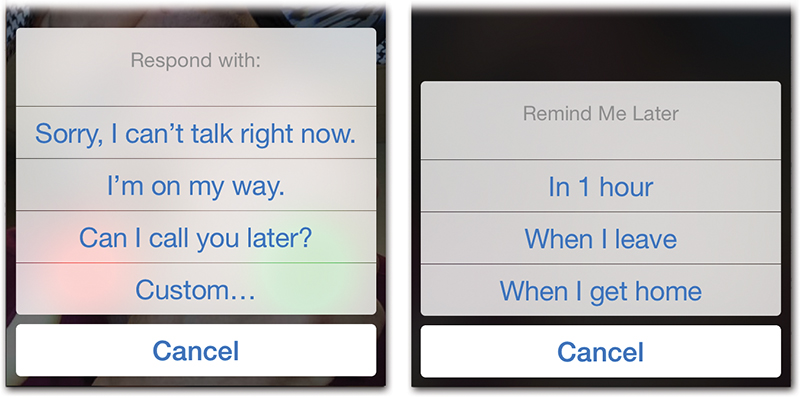
I rarely answer my phone.
The reason is because I find it inefficient and wasteful of the scarce and decreasing resource of my time.
It is interruptive, too, of course, and I can be caught off guard and I run the risk of responding or reacting to what the caller has to say without considering all the facts first. This is a risk I can easily avoid by not answering the phone.
The caller can, of course, leave a message either on my voicemail or with whoever answers the phone in my office. This gives me a greater degree of control. Control of my response, control of my time, control of my emotions.
And anything that gives me a greater degree of control over a controllable is a ‘good thing’ in my book. Because there are so many things that you cannot control and come out of left field.
Another problem with the phone is the social niceties and norms expected in a phone call: the small talk, chit-chat, the ‘beating around the bush’ that’s expected.
It does not require a complex calculation to discover that if I do this countless times each day and each day in a week I will be spending my time like a sailor on shore leave.
Not going to happen.
Synchronous communication
The other big problem with using the phone for conversations is that it is synchronous communication. This means both me and the other party must be present at the same time. This is rarely likely to be convenient for both of us.
For example, this week I departed from my usual practice and tried to speak with another solicitor on the phone to return his call. This involved both of us ringing each other at least 3 times each day for 5 days running to discover on each occasion that the other one was ‘in a meeting’ or otherwise engaged.
I can understand this-that is why I rarely use the phone for calls. I much prefer to use it, if at all, for asynchronous communications-for example message or email.
Asynchronous communications
Asynchronous communications involve communication which does not require both parties to be present at the same time. For example, email or written message.
This is the type of communication which I prefer and use all the time.
It is tremendously time efficient and allows both parties to get to the point immediately, communicate the message, and not require each other to be present at the same time.
The usual niceties that you might get dragged into when communicating by phone can be avoided, too.
Time efficiency
I’m a solicitor and I am immensely jealous of my time, how I use it and spend it.
Let’s face it, I sell my time (and expertise) in small chunks.
Please understand, therefore, if I don’t answer your call or if I am unavailable or I am engaged or in a meeting. It’s not personal, just business.
I am simply conserving the most precious commodity of all: time.
P.S. I answer all emails.